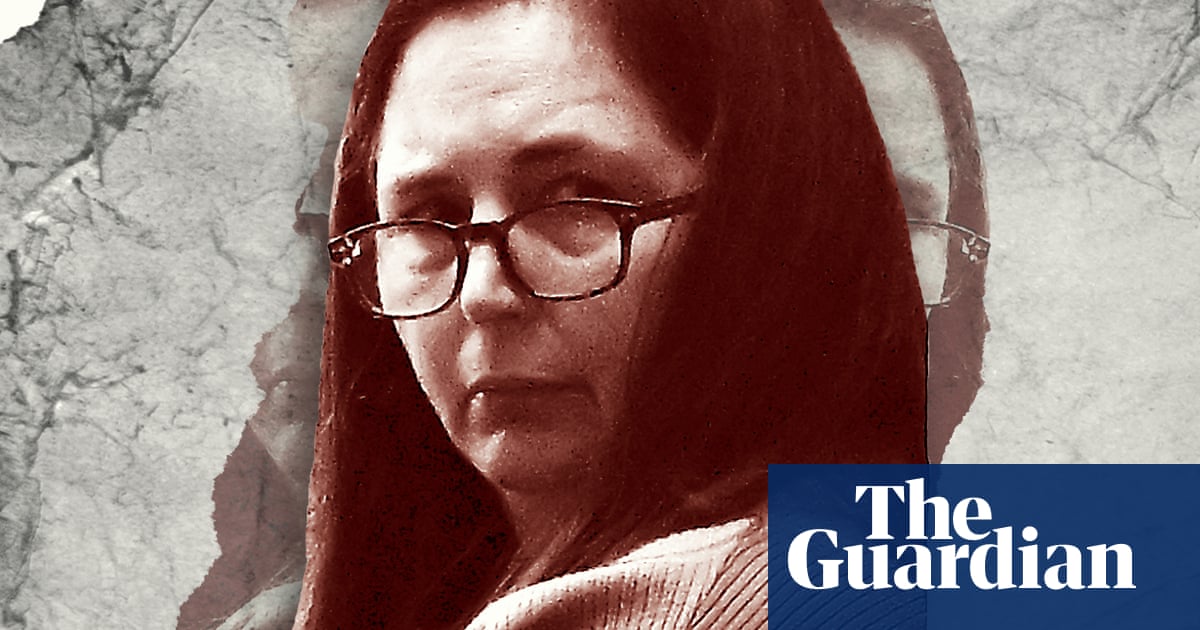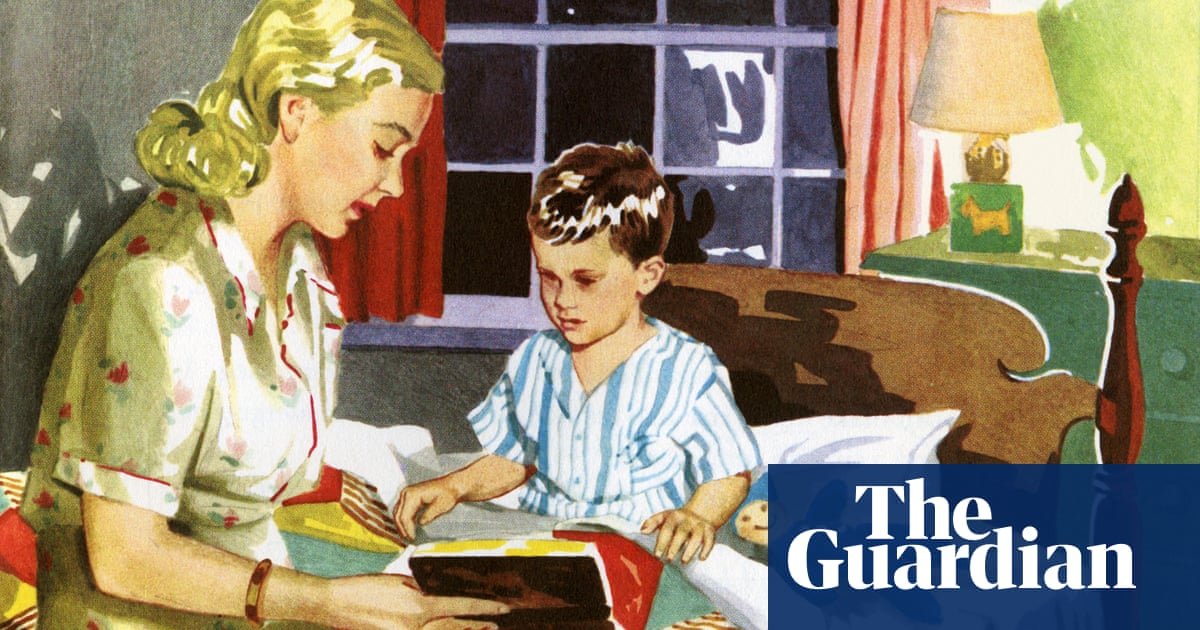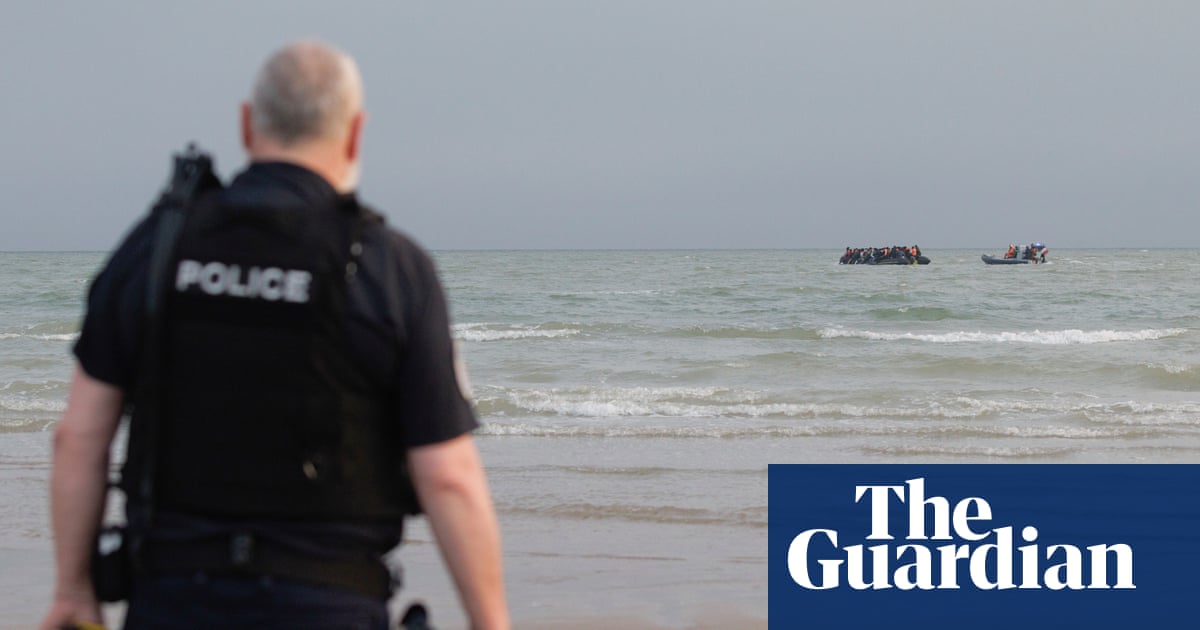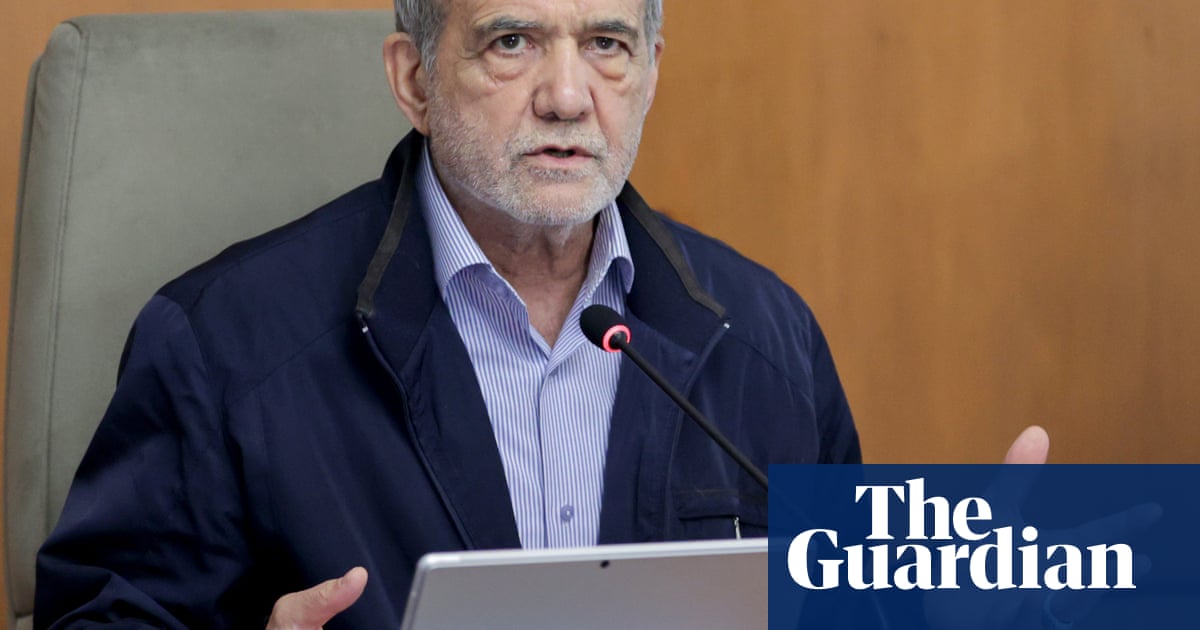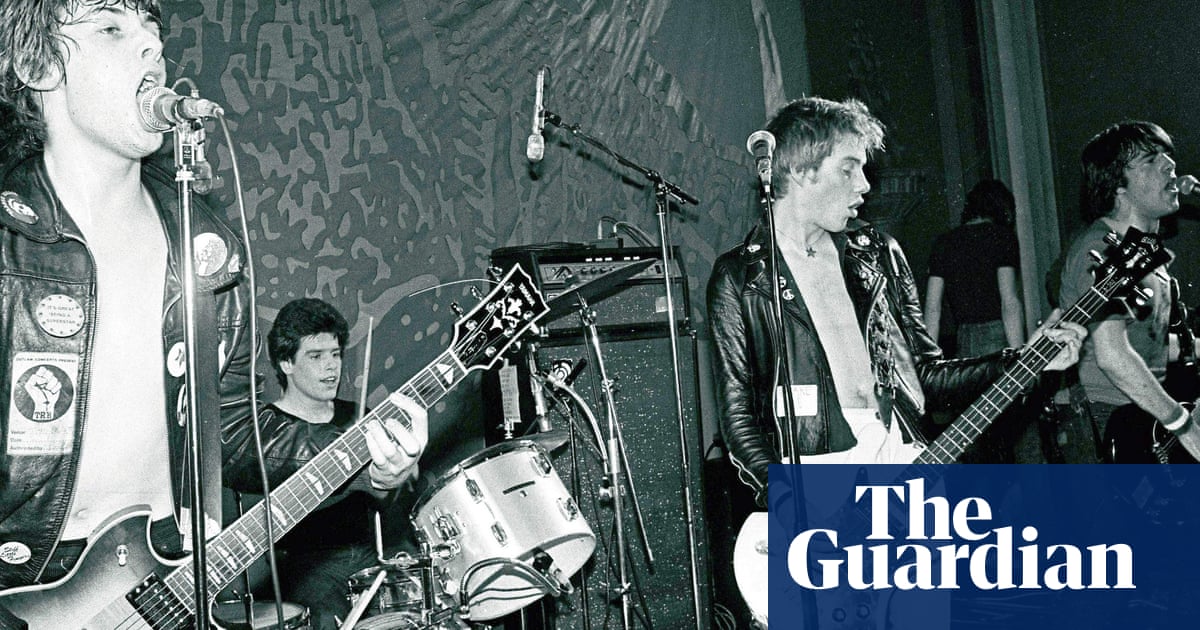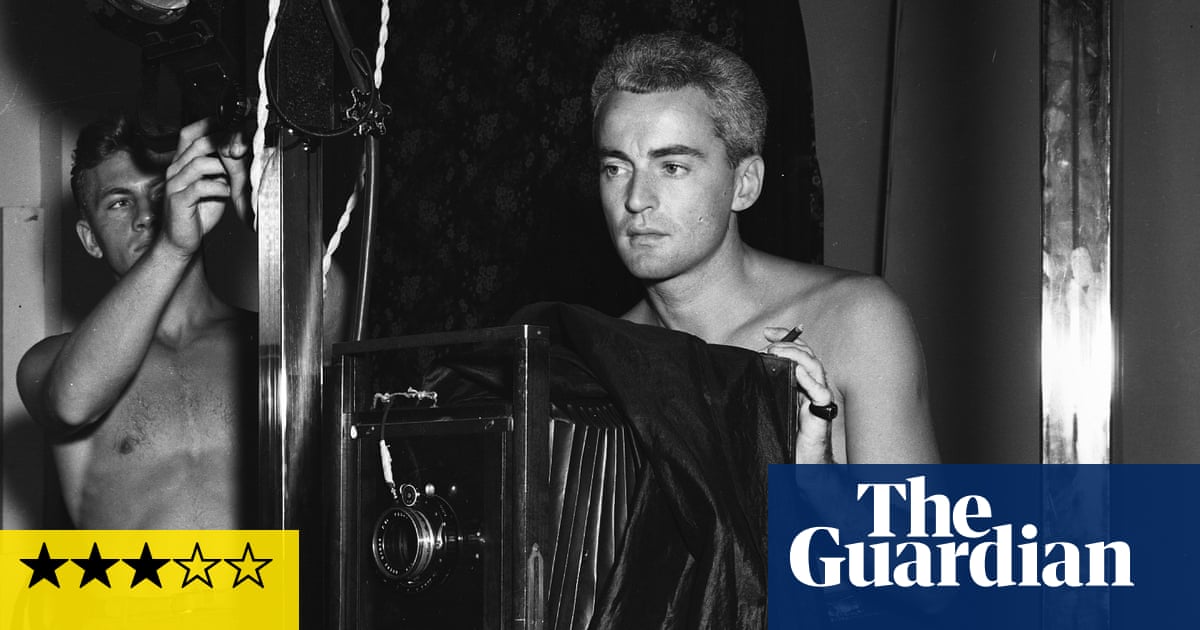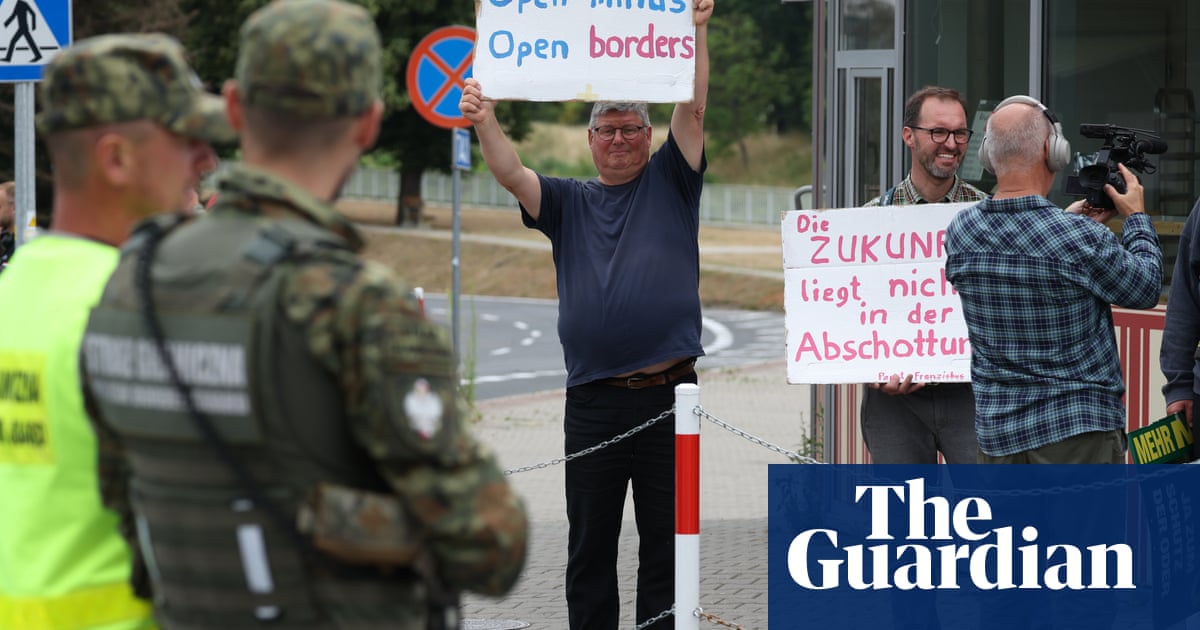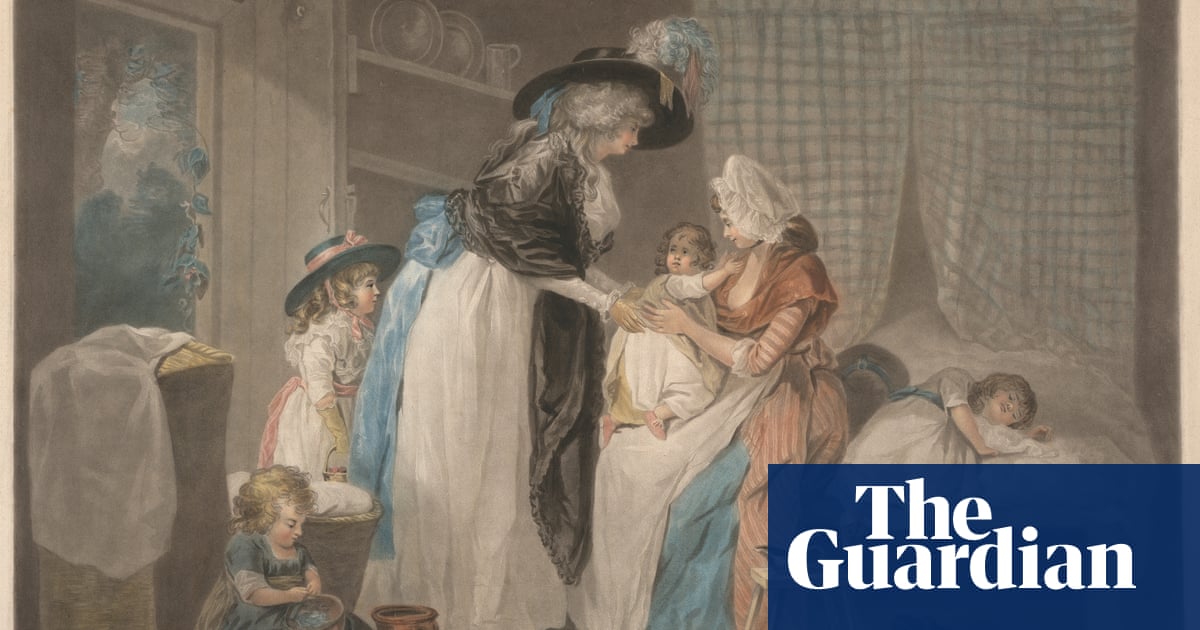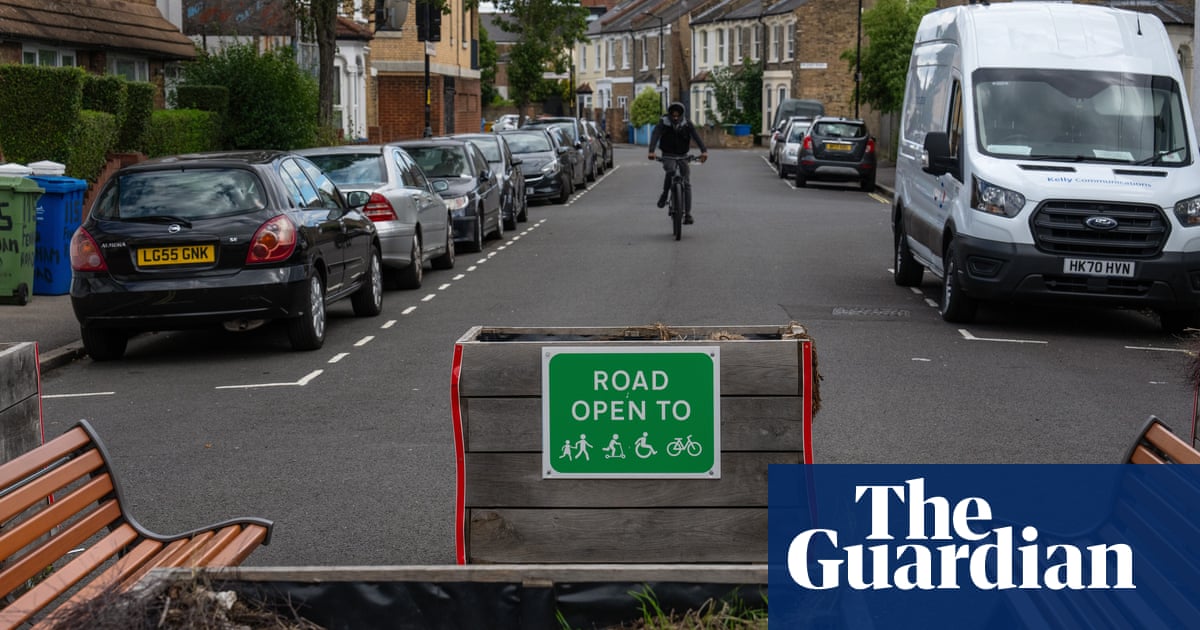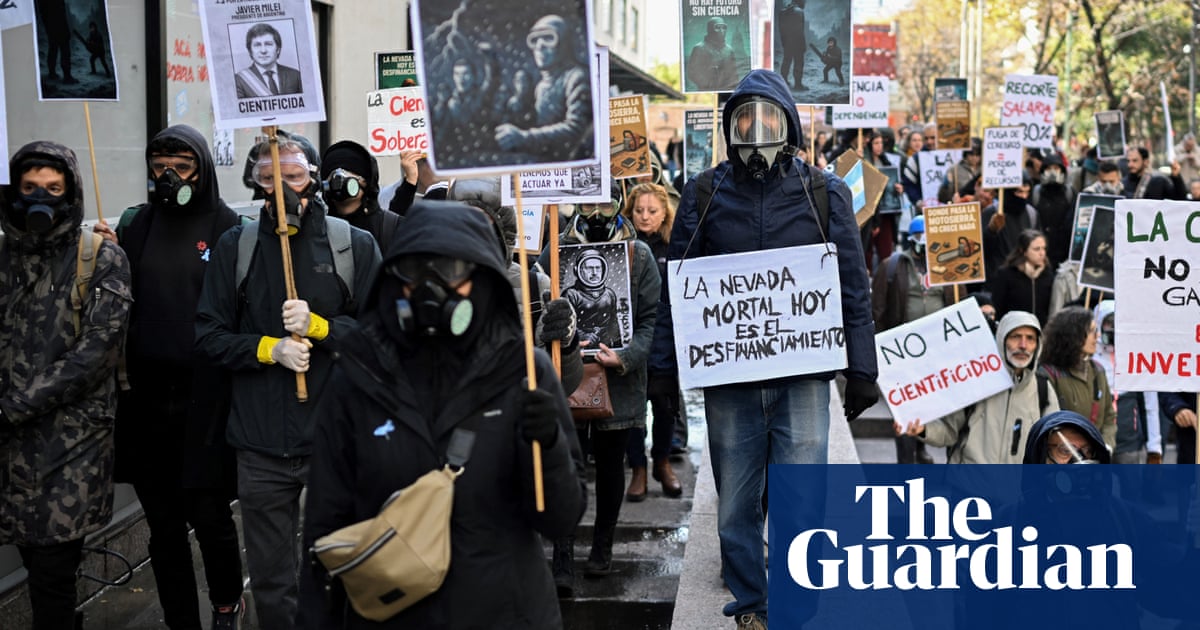Film-makers have long used their movies as Trojan horses to express their political beliefs and values and Catherine Hardwicke is no different. In her 2003 debut feature, Thirteen, and her 2008 teen vampire hit Twilight, the writer-director bolstered the stories with environmentally and socially conscious messaging to inspire people to “save the planet”. And with her latest film, Street Smart, which she describes as “a kind of homeless The Breakfast Club”, she is still “sneaking in” her “good values”.
Street Smart, now in post-production, is a low-budget ensemble drama, executive-produced by Gerard Butler and partnered with charities Covenant House and Safe Place for Youth, that centres on a group of unhoused teens bonding through music, trauma and humour while fending for themselves on the margins of LA society. It stars Yara Shahidi (Grown-ish), Isabelle Fuhrman (Orphan) and Michael Cimino (Never Have I Ever), as well as a group of unknown actors whom Hardwicke describes as having “big hearts and compassion for others; otherwise, they would be trying to work on a superhero film”.
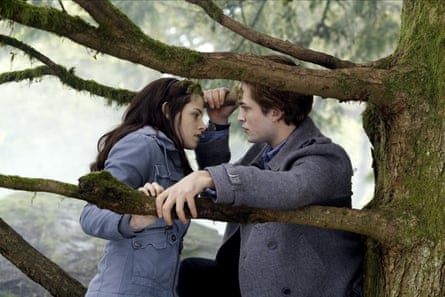
Homelessness is a major issue affecting the Californian city. Just last week, US district judge David O Carter ruled that Los Angeles officials had “flouted” their responsibility to create new shelters for unhoused people by June 2027. The humanitarian crisis in Los Angeles, exacerbated by the Pacific Palisades and Altadena wildfires in January, is an issue that longtime Venice Beach resident Hardwicke was keen to explore. “We shot on my street, so it’s very close to my heart,” she says. “It’s a love letter to Venice, because we have so many eccentric, strange characters of all economic levels.
“Everybody’s going through so much, and [there’s] such high rent in LA,” she adds. “Even if you have a job, you still might be homeless, crashing here [and] there, because a job doesn’t pay that much. The kids in our movie have jobs – how do you make ends meet?”
Hardwicke, who is in Malta as a jury member at the Mediterrane film festival, says her film addresses a bigger target: Trump’s rollback ofprovisions such as reproductive healthcare access, welfare budgets, and diversity, equality and inclusion (DEI) initiatives. “Even though we wrote it before he got elected, Street Smart is directly addressing some of [these] issues,” she says. “It’s telling a compelling story that shows people who do not look like Donald Trump, or think like him.”
Hardwicke is no stranger to film-making hardship. Despite her early successes, which included sparking the YA movie boom with the hugely successful adaptation of Stephenie Meyer’s novel Twilight, Hardwicke discovered a harsh truth: “No, people aren’t going to hire more women directors. They’re not going to give you the next job and let you do something great. It was an earth-shattering reality right away.”
She recalls the offices of Twilight producers Summit Entertainment soon after the film’s initial box-office success in 2008. She knew that successful male directors might be gifted “a car, or a three-picture deal, or [getting] to do basically whatever you want” – but none of that happened. “I walked into a room with all these gifts, and everybody was congratulating the studio, and they gave me a box,” Hardwicke says. “I opened it up, and it was a mini cupcake.”
Hardwicke was replaced by Chris Weitz for the first Twilight sequel, New Moon, and male directors were hired to helm the remaining three films in the franchise. Hardwicke went on to direct 2011’s Red Riding Hood, produced by Leonardo DiCaprio and starring Amanda Seyfried, but “it was much more challenging”, she says. “It had a lower budget than we had on Twilight, and it was all fantasy, so we couldn’t shoot any real locations and had to build all the sets. They didn’t give me much freedom.”
Still, Hardwicke has been able to exert her will when it comes to casting, and in the process has launched the careers of some of Hollywood’s biggest actors, from Evan Rachel Wood and Robert Pattinson – she was at his birthday party 18 months ago – to Oscar Isaac in The Nativity Story and her “buddy” Jeremy Renner in Lords of Dogtown, which this year marks its 20th anniversary. “I gave him an early shot,” Hardwicke says of the Hawkeye and Avengers star. “I thought Jeremy and Shea Whigham would be funny brothers who sell [cocaine]. I love all of my kids.”
after newsletter promotion
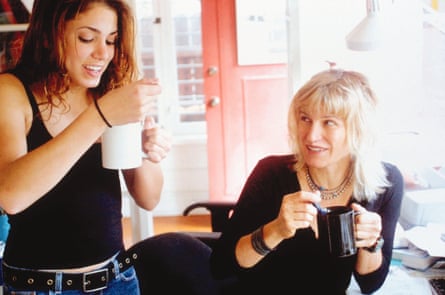
Hardwicke also has a cheerful memory of working with Tom Cruise. Before switching to directing, she was a production designer with credits on Richard Linklater’s The Newton Boys, David O Russell’s Three Kings and Cameron Crowe’s Vanilla Sky, the last of which Cruise starred in and produced. Hardwicke had been a last-minute addition, replacing the previous production designer two weeks into the shoot. She remembers late nights with the actor-producer: “He was inspiring because he does not settle for anything less than excellence.”
Hardwicke says Cruise offered to stay late to work out a conference-room set up. “He and I are acting out the scene, we’re rearranging the furniture until one in the morning,” she says. “I’m like, ‘Dude, aren’t you even tired?’ He had to be back at [7 am], but he wanted to get it right. Every chance he had. He never stopped.”
Nowadays, Cruise’s intense commitment is mostly seen in the Mission: Impossible franchise, but despite her fondness for Cruise’s work ethic, when asked if she’d ever helm one of his spy films, Hardwicke chuckles: “Not necessarily.”

 8 hours ago
4
8 hours ago
4

